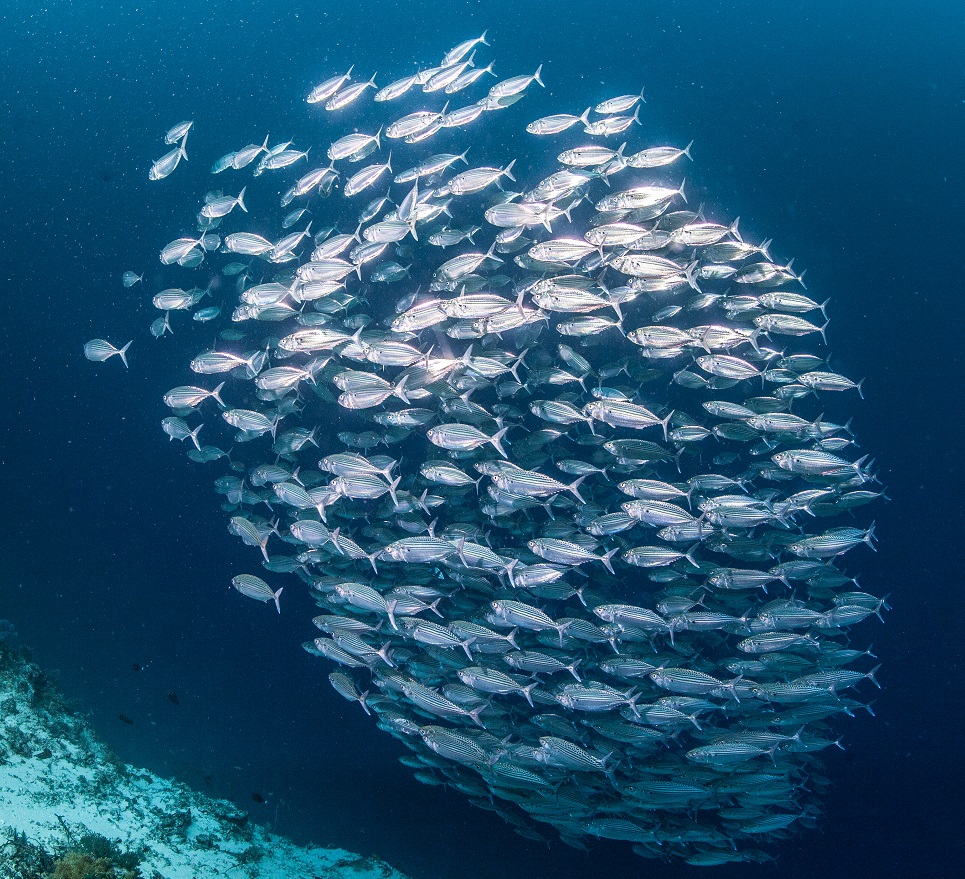Self-organization: Difference between revisions
Fractalguy (talk | contribs) mNo edit summary |
Fractalguy (talk | contribs) mNo edit summary |
||
| Line 4: | Line 4: | ||
This is an important topic that is a [[necessary prerequisite]] to the full understanding of [[creation]], [[evolution]], [[fractals]], [[societies]], [[economics]], the [[universe]], and pretty much [[everything]]. It shows that complexity is [[inevitable]] rather than unlikely. Complex order is an intrinsic part of the [[universe]], not something unique to intelligent beings. Unfortunately, our current [[education]] curriculums rarely introduce this topic to anyone that isn't in a college [[science]] program. And even then, its fundamental role in the understanding of nearly everything is not sufficiently emphasized. | This is an important topic that is a [[necessary prerequisite]] to the full understanding of [[creation]], [[evolution]], [[fractals]], [[societies]], [[economics]], the [[universe]], and pretty much [[everything]]. It shows that complexity is [[inevitable]] rather than unlikely. Complex order is an intrinsic part of the [[universe]], not something unique to intelligent beings. Unfortunately, our current [[education]] curriculums rarely introduce this topic to anyone that isn't in a college [[science]] program. And even then, its fundamental role in the understanding of nearly everything is not sufficiently emphasized. | ||
[[Self-Similarity]], [[generating equation]], [[recursion]], and [[feedback]] loops are key related topics, and more can be found on those pages. | [[Self-Similarity]], [[self-correction]], [[generating equation]], [[recursion]], and [[feedback]] loops are key related topics, and more can be found on those pages. | ||
Other related subjects that don't have their own [[wiki]] pages yet include [https://en.wikipedia.org/wiki/Chaos_theory Chaos Theory], [https://en.wikipedia.org/wiki/Complexity_theory Complexity Theory], [https://en.wikipedia.org/wiki/Systems_theory Systems Theory], and [https://en.wikipedia.org/wiki/Game_theory Game Theory]. | Other related subjects that don't have their own [[wiki]] pages yet include [https://en.wikipedia.org/wiki/Chaos_theory Chaos Theory], [https://en.wikipedia.org/wiki/Complexity_theory Complexity Theory], [https://en.wikipedia.org/wiki/Systems_theory Systems Theory], and [https://en.wikipedia.org/wiki/Game_theory Game Theory]. | ||
Revision as of 09:12, 25 January 2024

Self-Organization explains how distributed systems with independently acting parts and no central controller or designer can spontaneously form highly complex, organized systems.
This is an important topic that is a necessary prerequisite to the full understanding of creation, evolution, fractals, societies, economics, the universe, and pretty much everything. It shows that complexity is inevitable rather than unlikely. Complex order is an intrinsic part of the universe, not something unique to intelligent beings. Unfortunately, our current education curriculums rarely introduce this topic to anyone that isn't in a college science program. And even then, its fundamental role in the understanding of nearly everything is not sufficiently emphasized.
Self-Similarity, self-correction, generating equation, recursion, and feedback loops are key related topics, and more can be found on those pages.
Other related subjects that don't have their own wiki pages yet include Chaos Theory, Complexity Theory, Systems Theory, and Game Theory.